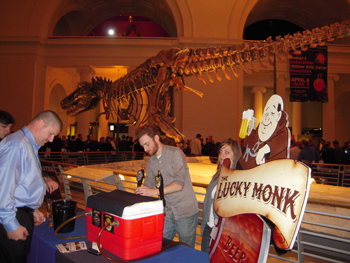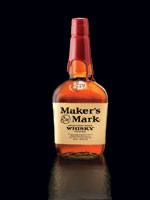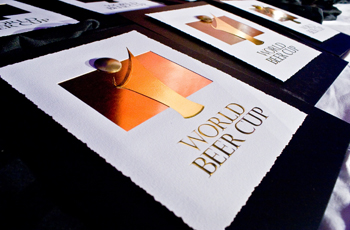On 9 April 2010 Mr Sands said Constellation’s modest fiscal 2011 profit forecast partly reflects the weakness of the joint venture, as many U.S. consumers continue to buy less expensive beers.
Maker’s Mark, a premium brand of bourbon, is topped off with red wax in a design that is "off limits to our competitors," said Maker’s Mark President Bill Samuels in a statement.
According to a statement by the Brewers’ Association, the 2010 World Beer Cup eclipsed the record of the Brewers Association’s own Great American Beer Festival (GABF) to become the largest commercial competition ever. There were 3,308 entries judged in the 2009 GABF, compared to the 2010 World Beer Cup’s 3,330 entries.
The 79-year-old Mr Buffett, known as the “Sage of Omaha” for his investing skills, had praised McLane in February in his annual letter to shareholders, in which he singled it out as the only big company Berkshire Hathaway owned in the sector that did not suffer in the recession.
"We don’t see 2010 as a frothy year across the board," Craig Omtvedt, Senior Vice President and Chief Financial Officer of Fortune was reported as saying.
Despite the softening of the overall beer market, craft brewers have every reason to be jubilant. Last year, craft beer volumes grew by 7.2 percent in hl and 10.3 percent in dollars over 2008.
“We believe that a deal is likely to be announced this year,” Evolution Securities’ analyst Andrew Holland reportedly said in a research note in early March.
"Both families want to be in the business for the long haul," Mr Swinburn was reported as saying. "The reality is that if you don’t run the business to the best of your ability and actually generate the sort of profits, cash and return to shareholders that shareholders demand, it doesn’t matter what company you are."
However, the brewery’s closure also delivers another blow to the labour market in Hamilton, which has seen massive layoffs in some of its key industries.
Through a series of panel discussions, keynote speeches and the popular industry specific breakout sessions, attendees will be able to get a better understanding of the challenges which beverage companies both big and small are facing and how they are reacting to these changing events.



